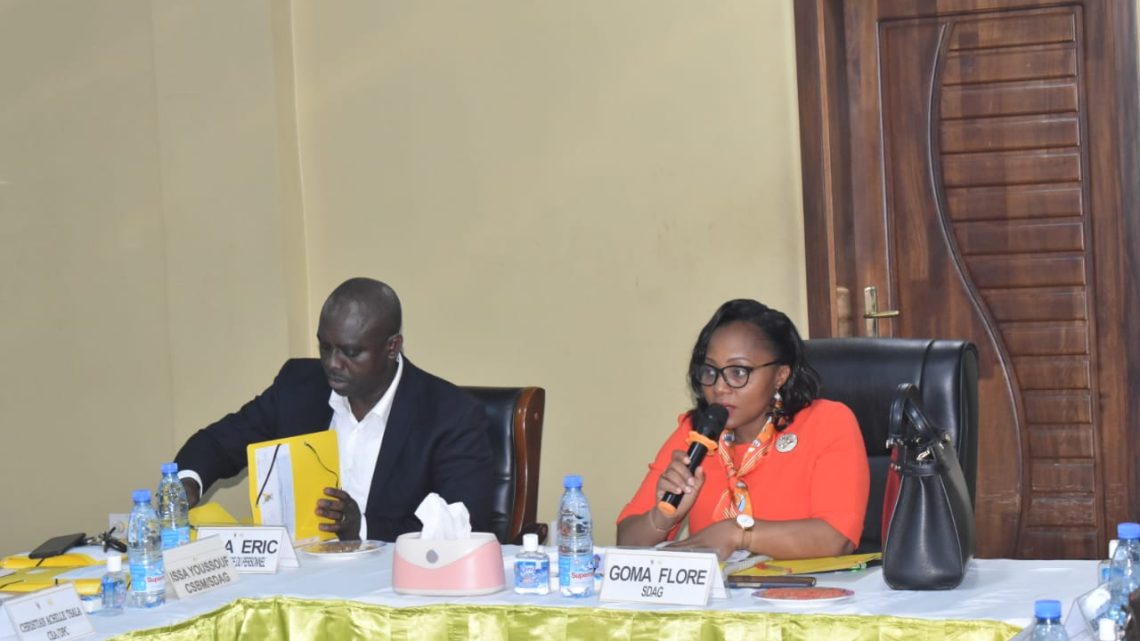Published on : 20/02/23 2:13 PM

The issue of performance and transparency in Cameroon’s public finance management system is part of the implementation process of the National Development Strategy 2020-2030 (NDS30). In order to achieve the objective, it is necessary that the actors in the budgetary chain, who are also actors in performance, take ownership not only of the reforms but also of the modalities for their implementation.
Concerning public institutions in particular, the process of aligning them with Results-Based Management (RBM) led to the adoption of laws n°2017/010 and 011 of 12 July 2017 respectively on the General Statute of Public Institutions and Public Enterprises, replacing law n°99/016 of 22 December 1999 on the General Statute of Administrative Public Institutions and Public and Parapublic Sector Enterprises. With regard to the general status of public establishments, this text introduces important innovations, particularly in the performance-based budget management of these public entities. To this end, Article 7, paragraph 3 specifies that: “the purpose of financial supervision is, on the one hand, to ensure that the management operations with financial implications of public establishments are in accordance with the legislation and regulations on public finance and, on the other hand, to examine their accounts a posteriori”.
Also, in order to effectively play its role in accordance with the reforms introduced by the 2018 laws and their implementation texts, the Division of Participations and Contributions of the DGB, which is among other things in charge of examining the performance projects of public institutions, monitoring their operation and performance or consolidating the budgetary information of the State and those of public institutions, is called upon to strengthen the capacity of its staff to be able to meet the tasks assigned to it.
It is in this perspective that the DGB gathered the staff of the structure from 15 to 17 February 2023, in a framework of reflection on: “the examination of the budgetary documents of the Public Entities”. The work chaired on behalf of the Director General of Budget, by Mrs. Flore Goma, Sub-Director of General Affairs of the DGB, took place based on 06 important modules. These modules focused on the innovations of laws n°2017/010 and 011 of 12 July 2017, respectively on the General Statute of Public Establishments and Public Enterprises.
Various presentations on the NDS30, the process of preparing the performance project of administrations (PPA) and the annual performance report (RAP), the analysis of the PPA, the analysis of the RAP, the reissuing of accounts, the analysis of the administrative account of a public establishment, were the subject of the work. Overall, it emerged that the strategic performance framework of public establishments is subject to an elaboration process based on three main stages, namely: the elaboration of the state of affairs and the diagnosis in a public establishment, the formulation of strategic choices and the breakdown into sub-programmes and activities.
However, since the aim is to provide DGB staff with the theoretical and practical knowledge required for a proper examination and effective analysis of the budgetary documents of the public entities submitted to them, they must take into account:
The modules presented gave participants a clear idea of the dynamics of public finance management reforms and the analysis of budget planning and programming documents. They are now equipped with the strategic performance framework of public institutions, whose development process is based on three (03) main steps, namely: the development of the state of affairs and the diagnosis in a public institution, the formulation of strategic choices and the breakdown into sub-programmes and activities.
Elements, which, when properly analysed and oriented, make it possible to improve budgetary discipline and expenditure, control, and thus ensure better support for Public Entities by the Directorate General of Budget.